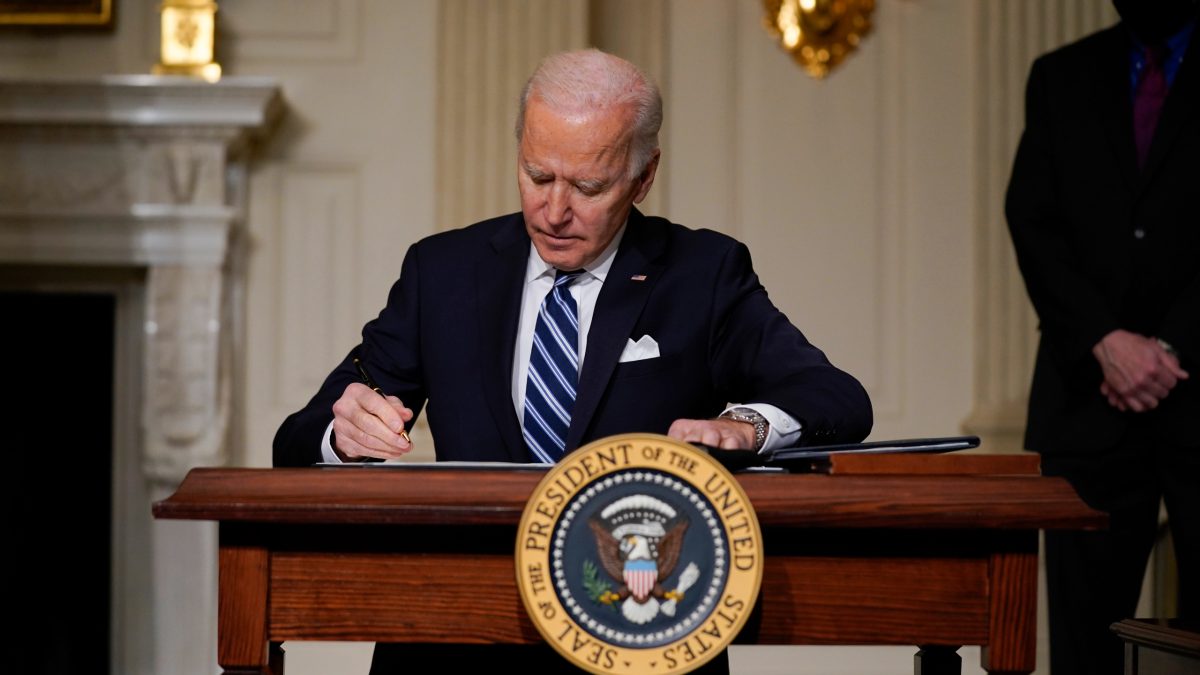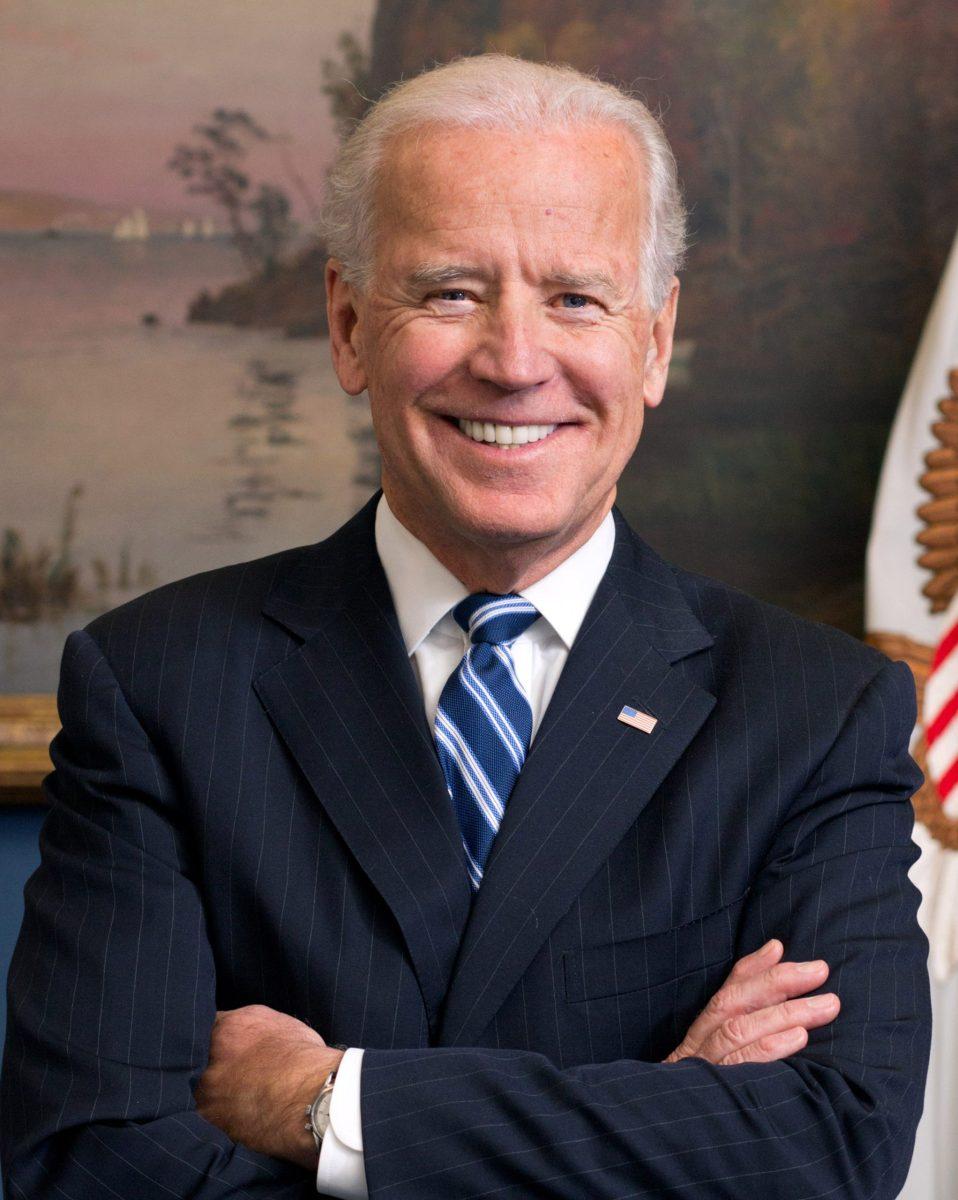[one_third]Liberal—Quratulain Malik
U.S. Senators are charged with important duties, such as creating laws, appointing cabinet members and prospective members of the Supreme Court. The hearings of Supreme Court nominee Brett Kavanaugh have caused controversy surrounding the roles and responsibilities of Senators, especially those relating to confidential information. The controversy surrounds several emails that include explicitly stolen documents from Senate Democrats by a lower-level White House aide. These emails were sent to Kavanaugh during his time working as the White House Staff Secretary under President George W. Bush. The Senate committee released several confidential emails sent to Kavanaugh by the White House aide.
The emails have contradicted a few of Kavanaugh’s statements surrounding the issue. Not only were the unmentioned emails a problem; Kavanaugh’s past record hinted that he may be against abortion rights, disability rights, and affirmative action. Senate Democrats fought hard to expose the duplicity behind Kavanaugh’s statements. By releasing the confidential information, Democrats showed that they were doing their duties as Senators by investigating Kavanaugh thoroughly. Confidential information was released because it was necessary to show that facts and information was more concrete than words taken under oath. Democrats explicitly and bravely advocated for a more honest and open government, where the rights of U.S. citizens are well-protected.
Senators should be allowed to release any and all information that is necessary to the different jobs that they carry out, and that which upholds the United States Constitution.
[one_third]Independent—Nicole Cheney
Perhaps the better question to answer is, “Should individuals exercise discretion in circumstances that warrant a moral judgment?” If you believe in liberty, the answer to that is a resounding yes. New Jersey Senator Cory Booker’s release of confidential committee documents is the most recent newsworthy example of such behavior. Even the Senator recognizes that this is not a challenge of the legality of the issue but rather an intentional act of civil disobedience, of which he is willing to accept the consequences. It is nonsensical for a government or organization to selectively apply rules or openly state that such rules are open to interpretation, even in cases where one possesses a moral objection to the law. Citizens, however, should demand accountability from their leaders. Without whistleblowers in times of crisis, the public would be unaware of crucial information like the Watergate scandal, the content of the Pentagon Papers, the existence of the PRISM surveillance program, and many more prior secrets.
Should these whistleblowers be allowed to release confidential information? Probably not, for the sake of maintaining a just legal system. Should they do it anyway? Absolutely, and they have the moral obligation to do so.
[one_third]Conservative—Adrian Wong
Recently, Cory Booker released information pertaining to the confirmation of Judge Brett Kavanaugh that was originally thought to be committee-confidential. This was a brilliant move, because it made it seem like Booker was risking his Senate seat to improve transparency. Unfortunately, within hours it was revealed that Booker knew that his release risked nothing, as the documents were cleared upon Booker’s own request the night before. This raised the question of whether or not a Senator should be punished for releasing confidential information.
This is a clear violation of the rules. Transparency is crucial in the evaluation of a Supreme Court Nominee; however, there is still no excuse to release confidential information. Until the information can be cleared for release to the public, there is no reason why a Senator should disobey his office by leaking documents. People sacrifice certain amounts of privacy when they put themselves in position to be a Supreme Court Justice, however their documents should be thoroughly vetted before they are released to ensure they can maintain some privacy. If there is a debate over whether or not something should be made public, the committee should have that debate and agree on a solution.
In Booker’s case, this was a fake risk to increase his odds at the Presidency, but if the documents were still classified, he should absolutely have been expelled from the Senate.

































